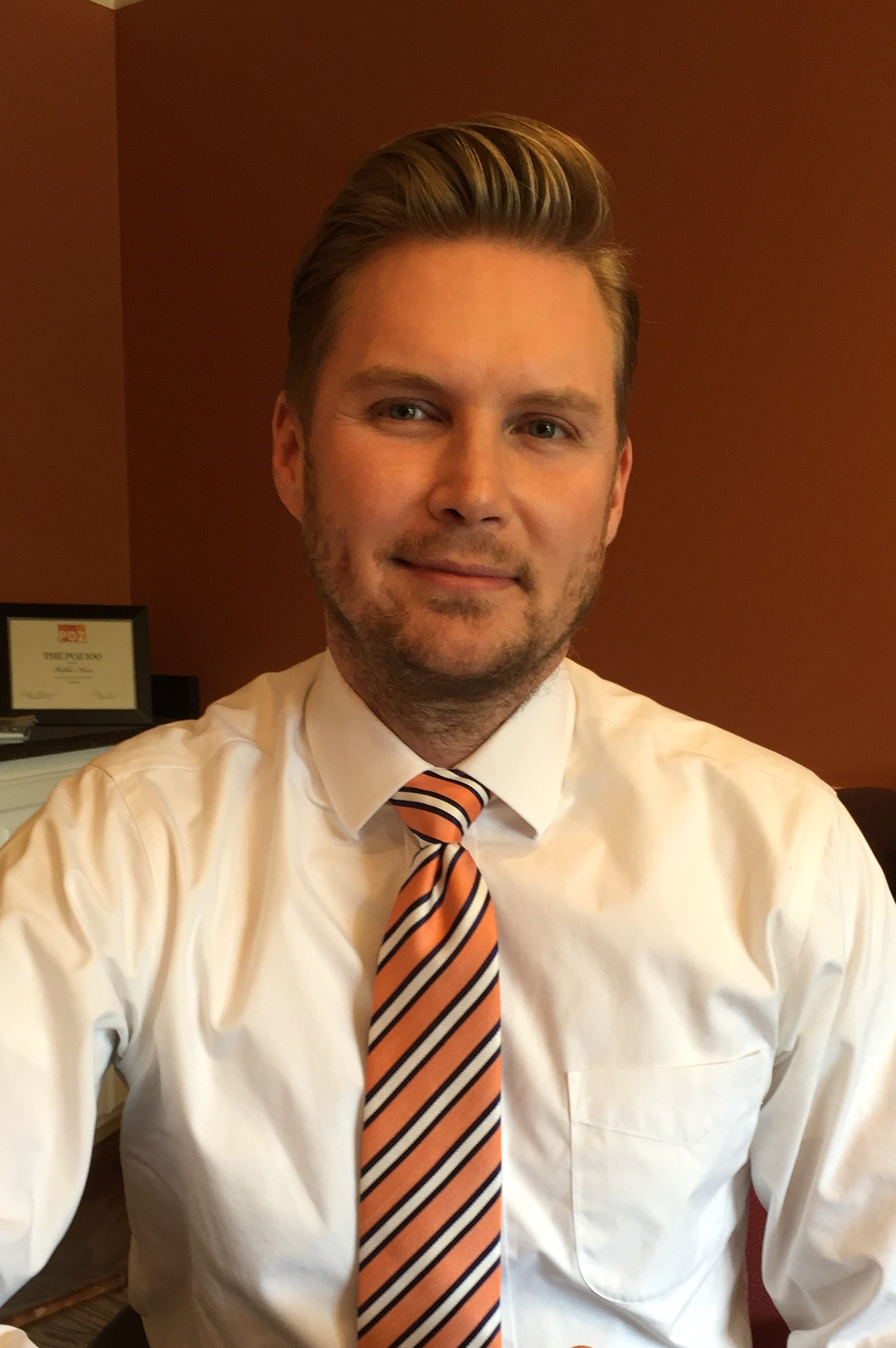
 Nic Carlisle (’06) is using his appointment to the Presidential Advisory Council on HIV/AIDS to tell the story about how the disease is affecting Alabama and the South.
Nic Carlisle (’06) is using his appointment to the Presidential Advisory Council on HIV/AIDS to tell the story about how the disease is affecting Alabama and the South.
Carlisle was honored to receive the three-year appointment in 2016 and wants to make sure Alabama and other southern states are well represented on the council. While the majority of the funding for HIV and AIDS has been directed to California and New York, the majority of the new infections have occurred in the South.
“It’s a constant battle to make sure we get our fair share of attention and resources,” Carlisle said.
As part of the council, Carlisle helps provide advice, information and recommendations to the Secretary of the Department of Health and Human Services. The council is charged with focusing on how to reduce HIV incidence, advance research, improve health outcomes, address HIV-related health disparities and provide leadership in responding to the HIV pandemic around the world.
Advocates in the South say Carlisle’s appointment to the council will help others understand the country cannot end AIDS without addressing the epidemic in southern states. For example, more than 12,000 Alabama residents are living with HIV and 5,500, or 45 percent, are living with AIDS. At the same time, an estimated one in six people living with HIV in Alabama are unaware of their infection, meaning more than 14,400 Alabama residents may be infected with HIV, according to a State of Alabama HIV Surveillance Report.
“If you’re talking about ending AIDS, you don’t do it without dealing with the epidemic in the South,” said Carolyn McAllaster, Clinical Professor of Law at Duke University School of Law and Director of the HIV/AIDS Policy Clinic. “Nic will be an effective voice on the council. He will roll up his sleeves and make the case that we need to have made there.”
Carlisle has been an advocate for those living with HIV and AIDS, both nationally and internationally, for more than a decade. While at the University of Alabama School of Law, he founded Aiding Alabama, the state’s first legal program for people living with HIV and AIDS. Over the course of four years, Carlisle provided free legal services to more than 300 Alabama residents.
In 2010, Carlisle joined the United States Peace Corps, where he designed programs to empower women, youth and disenfranchised ethnic minorities affected by HIV in Eastern Europe. When he returned home, he continued his passion for grassroots advocacy as Director of Policy and Advocacy at AIDS Alabama.
Carlisle was appointed as the Executive Director of the Southern AIDS Coalition, a regional nonprofit serving 16 southern states and Washington, D.C., in March 2015. The coalition engages with about 2,000 members about how they can be effective advocates, develop a strong message and meet with legislators.
“We really are trying to push for those high level policies that will ultimately accomplish the goal of ending the epidemic,” Carlisle said.
In Alabama, he and other leaders of HIV and AIDS organizations work together to ensure the entire state receives resources.
“When you look at Alabama compared to some of our neighboring states, we’re actually better off than a lot of the other states around us,” Carlisle said. “We are really committed to what we do and committed to working together. Our rate of infection is high compared to the rest of the country but lower than all of the southern states around us.”
In November, the coalition held an inaugural HIV/AIDS Networks of the Deep South, or HANDS, conference in Birmingham, where about 20 advocates from eight states discussed policy priorities and shared best practices for two days.
“We want to make the pie larger, obviously, but until that happens we’re very strategic and smart about how we slice the pie in Alabama – and that’s unique,” Carlisle said.
Carlisle learned how to think strategically and analytically while in law school. While at Alabama Law, he quickly developed an interest in public interest and forged strong relationships with students who shared a passion for helping others.
While he completed an undergraduate degree in finance at the University of Alabama Birmingham without working too hard, law school tested him in ways he had not considered when he applied. In law school, he was immersed in a competitive environment where everyone is bright.
“I thought I knew hard work,” he said. “I had no idea until I got to law school. That work ethic you develop in law school really serves you well if you’re going to be successful.”
Carlisle’s peers say he has been quite successful because he knows every facet of the HIV and AIDS community. He has worked in virtually every position available to an advocate – from volunteer to executive – giving him a perspective very few possess.
“The main thing to know about him is that No. 1 he’s brilliant, and he applies that brilliance to helping people,’’ said Kathie M. Hiers, Chief Executive Officer of AIDS Alabama, a nonprofit organization that provides housing and services to low-income individuals living with HIV and AIDS. “We’ve been lucky in the HIV community to have someone of his caliber, someone who is committed to the cause.”